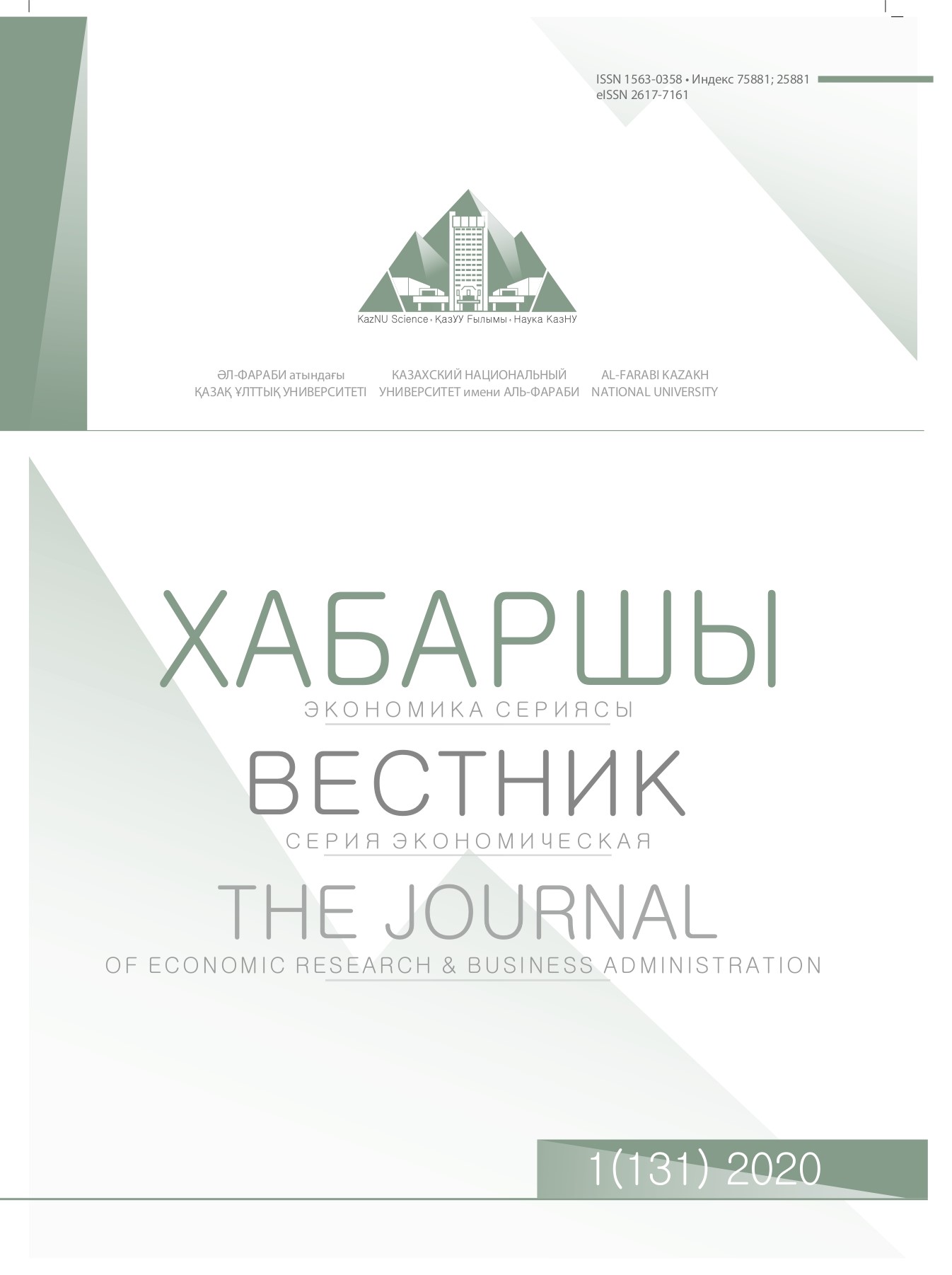HOW TO ALLEVIATE POVERTY: LESSONS FROM THE 2019 NOBEL PRIZE IN ECONOMICS
DOI:
https://doi.org/10.26577/be.2020.v131.i1.03Abstract
In 2019, Esther Duflo, Abhijit Banerjee and Michael Kremer were awarded the Nobel Memorial
Prize in Economic Sciences “for their experimental approach to alleviating global poverty.” This approach
is mainly based on randomized controlled trials (RCTs). Therefore, a goal of the paper is to analyze
and review major findings of the Nobel Prize winners and to show directions for their application
in Central Asia. The methodology of the paper is based on the analysis of RCTs conducted by the Nobel
Prize winners and in Central Asia. The paper finds that there are a lot of factors restricting poverty alleviation
in developing countries, including underdevelopment of educational and healthcare systems.
These problems can be addressed using experimental studies in different fields. The paper also reviews
the main findings of the Central Asia-based RCTs. Their results were positive in terms of identifying
problems and providing solutions that can be useful for further policymaking and can positively affect institutional,
educational, healthcare and social issues. The paper shows that the potential priority sectors
for the regional RCTs are educational and agricultural policies, where they can be conducted in order
to test the efficiency of the existing programs and develop recommendations for future policy improvements.
However, the RCTs alone are not enough for poverty alleviation and the paper emphasizes on
the essential role of economic growth. The paper can be useful for policymakers, who form anti-poverty
policy and development programs.













